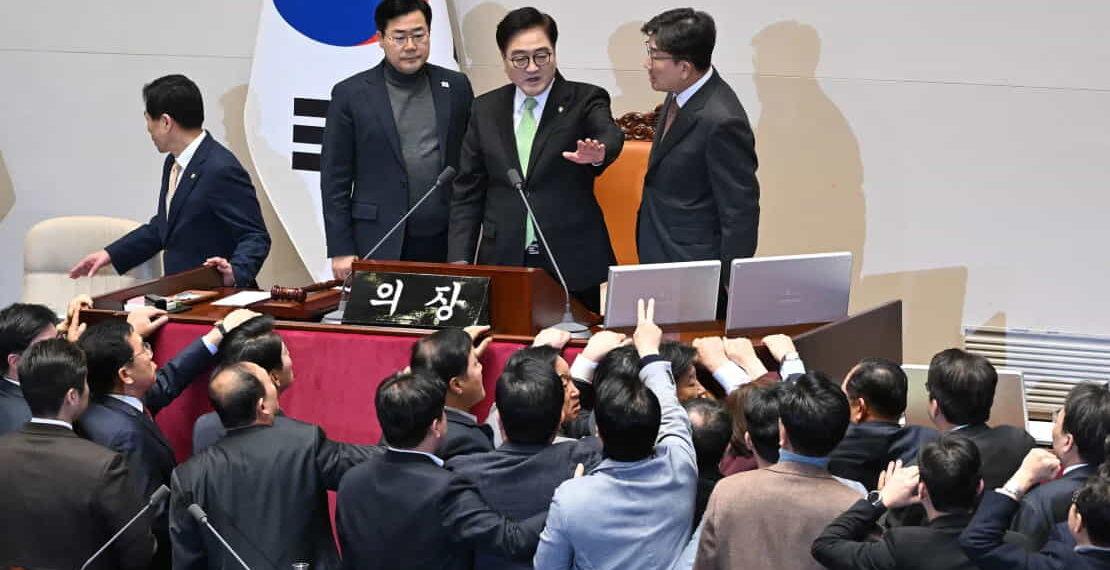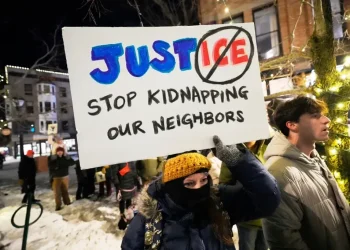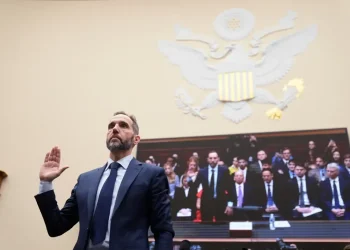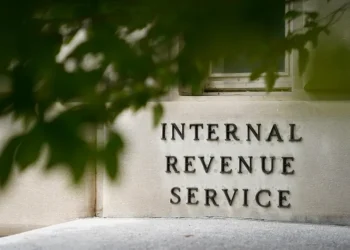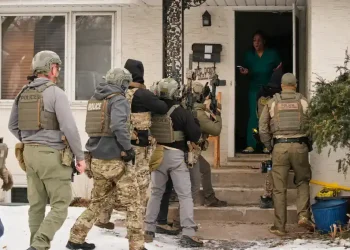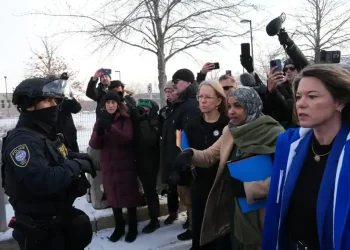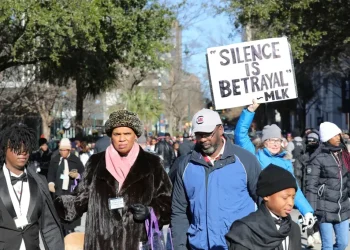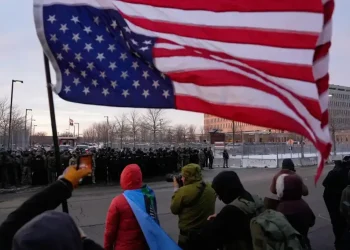South Korean Parliament Votes to Impeach Acting President Han Duck-soo
In a historic and dramatic session, South Korea’s parliament voted on Friday to impeach Prime Minister and acting President Han Duck-soo. This decision comes just two weeks after President Yoon Suk Yeol was stripped of his powers over a controversial martial law order that plunged the nation into political turmoil.
Impeachment Vote Breakdown
- Outcome: 192 lawmakers voted in favor of impeaching Han, surpassing the 151 votes needed in the 300-member legislature.
- Ruling Party Reaction: Chaotic scenes erupted during the vote as ruling People Power Party lawmakers chanted “Abuse of power,” protesting the decision by National Assembly Speaker Woo Won-shik to use a simple majority threshold.
A simple majority is required to impeach a sitting prime minister, unlike the two-thirds majority needed to remove a president.
Immediate Consequences
- Statement by Han Duck-soo: Han respected the decision, stating, “I will suspend my duties under relevant laws to avoid further confusion and uncertainty.”
- New Acting President: Finance Minister and Deputy Prime Minister Choi Sang-mok has stepped in as the acting president.
Reasons Behind the Impeachment
The impeachment motion was filed by the opposition Democratic Party after Han refused to fill three vacancies in the Constitutional Court, which is responsible for adjudicating President Yoon’s impeachment trial.
Han defended his decision, citing the need for bipartisan agreement before appointments could be made. “The process is as important as filling the constitutional judge positions,” Han said.
Context of Political Turmoil
- Martial Law Order: The crisis began on December 3 when Yoon imposed a martial law decree that lasted just six hours, sparking widespread protests and calls for his removal.
- Yoon’s Impeachment: Lawmakers, including members of Yoon’s own party, voted two weeks ago to impeach him.
Constitutional Court’s Role
The Constitutional Court now has six months to decide whether to uphold or reject Yoon’s impeachment.
- Vacancies in the Court: The court currently has only six justices, falling short of its full nine-member capacity.
- Impeachment Requirement: At least six justices must approve the impeachment to remove Yoon permanently. If the six sitting justices are allowed to rule, they must unanimously support the decision.
Opposition’s Criticism
Opposition leader Lee Jae-myung accused the ruling party of abandoning its constitutional duties, labeling Han an “acting insurrection leader” who protects Yoon’s administration at the expense of the Constitution.
Ruling Party Response
The ruling People Power Party filed a dispute with the Constitutional Court, calling the impeachment vote “null and void.”
What’s Next?
- Yoon’s Impeachment Trial: The Constitutional Court has begun public hearings on Yoon’s impeachment.
- Potential Consequences: If the impeachment is upheld, Yoon will become South Korea’s shortest-serving president, and new elections must be held within 60 days.
- Legal Challenges for Yoon: The former president is under investigation for leading an insurrection, a crime punishable by life imprisonment or death.
This political upheaval has cast a shadow over South Korea’s governance, raising concerns about stability and adherence to democratic principles during a tumultuous period.
This article was rewritten by JournosNews.com based on verified reporting from trusted sources. The content has been independently reviewed, fact-checked, and edited for accuracy, neutrality, tone, and global readability in accordance with Google News and AdSense standards.
All opinions, quotes, or statements from contributors, experts, or sourced organizations do not necessarily reflect the views of JournosNews.com. JournosNews.com maintains full editorial independence from any external funders, sponsors, or organizations.
Stay informed with JournosNews.com — your trusted source for verified global reporting and in-depth analysis. Follow us on Google News, BlueSky, and X for real-time updates.
